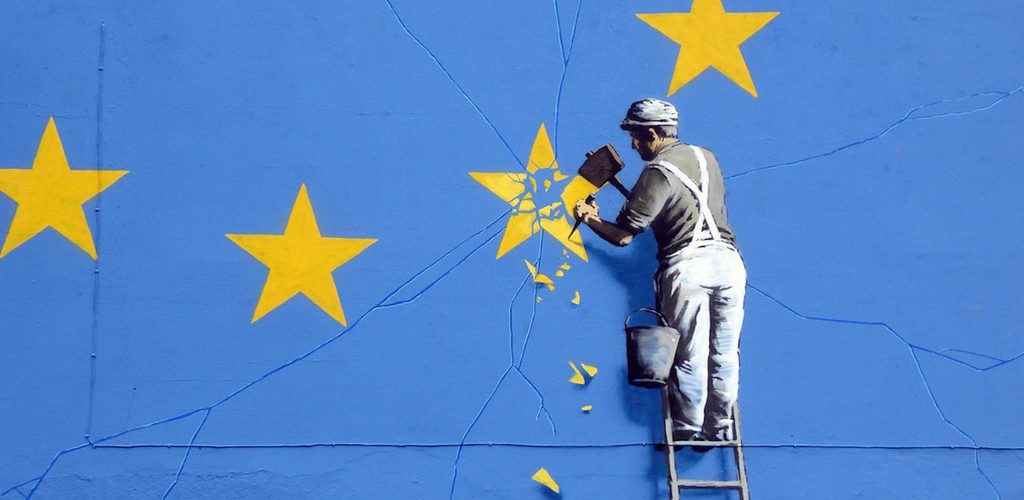The European Commission issued a Working Paper (GFV 122) on VAT and the platform economy – focus on specific issues. The document was discussed in the Group of the Future of VAT on May 6, 2022.
Introduction
Further to GFV No 116 which analysed various elements of VAT treatment of platforms, delegates asked, at the 37th meeting of the Group on the Future of VAT, for further clarity on other issues, particularly on the deemed supplier regime and the upcoming changes to the special scheme for small enterprises; the interaction of the deemed supplier regime and the special scheme for travel agents; and how the threshold for the special scheme for small enterprises would work for the platforms themselves.
In addition, in the course of their deliberation, the Commission services have identified further elements for which they would like to seek the views of delegates, namely the consequences of the platform becoming the deemed supplier, the extension of Article 242a of the VAT Directive, and the exemption for short-term accommodation rental allowed by some Member States.
Impact of the Deemed Supplier Regime and the Group of Four, in particular SME’S
- The deemed supplier regime and the upcoming SME changes
- Council Directive (EU) 2020/285 on the common system of value added tax as regards the special scheme for small enterprises comes into application in January 2025
- Under the new rules, Member States may exempt the supply of goods and services made within their territory by taxable persons established in that territory providing their annual turnover does not exceed a set amount, which Member States can determine, but which cannot exceed EUR 85,000. Member States may apply different thresholds for different business sectors, providing that each threshold does not exceed EUR 85,000. Businesses who use the special scheme are referred to as an ‘exempt small enterprise’.
- In addition, the special scheme is made available for businesses established in other Member States, provided that a) total sales within the EU do not exceed EUR 100,000, and sales in the Member State of supply do not exceed the domestic threshold.
- Identification of the status of the supplier
- Council Directive (EU) 2020/285 on the common system of value added tax as regards the special scheme for small enterprises comes into application in January 2025
- The consequences of the platform becoming the supplier – identification of the customer
- As a consequence of becoming the deemed supplier, the platform will need to know whether the customer (the person receiving the underlying service) is a taxable person or not, as this would dictate how the platform accounts for VAT on the supply.
- The impact on SME thresholds (do sales count towards the threshold of the supplier, the platform, or both)
Other issues
- The deemed supplier model and the travel agents scheme
- Outline of the special scheme for travel agents
- The special scheme for travel agents and the deemed supplier
- Supplies made to the platform
- Differentiation between deemed suppliers and travel agents
- The exemption of short-term accommodation rental
The relationship between the deemed supplier model and other rules – In particular the E-Commerce rules (notably in respect of record keeping obligations)
- Sales made by the platform under the deemed supplier regime will follow the normal accounting rules, and tax administrations will be able to control the deemed supplier sales via the record keeping of the platform. However, Member States will need to ensure compliance of those sales made via the platform which are not under the deemed supplier regime, i.e. those on which the underlying supplier is supposed to declare VAT.
More info – Sources
- GFV 122 – VAT and the platform economy – specific issues – follow up
- GFV 124 – Minutes 38th GFV meeting
See also
- GFV 116 – Platform economy VEG 107 – VAT and the platform economy
- Platform economy: Working papers of the VAT Committee, Group of the Future of VAT, VAT Expert Group (2014 – 2022)
- EU VAT Policy ”VAT in the Digital Age” – Part 1: Single VAT Registration (SVR) – Transfer of own goods
- EU VAT Policy ”VAT in the Digital Age” – Part 2: E-invoicing and the need for EU standards and interoperability















